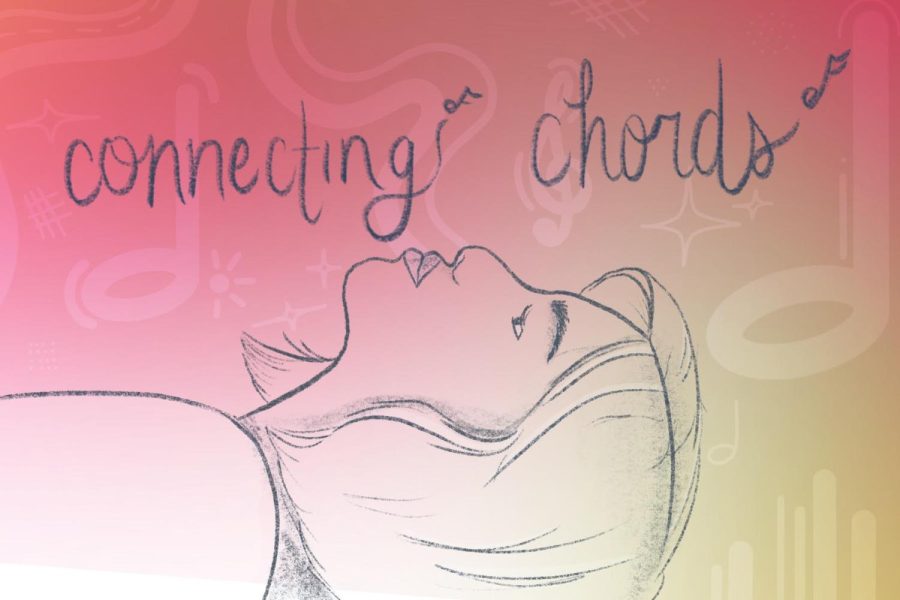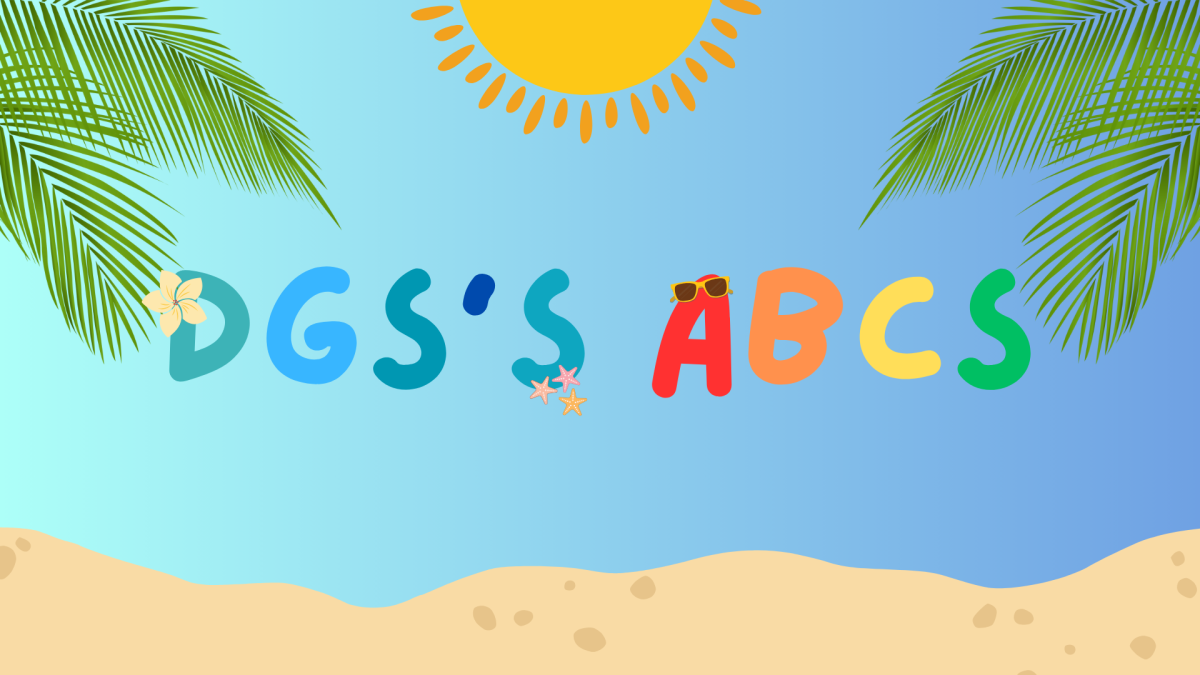Connecting chords: the hidden language of music
Music is a big part of our development; our lives are influenced by the things we hear, do and say.
March 21, 2022
Music fills the lives of billions of people around the world; it connects cultures with simple chords and lyrics. Some may even go as far as to label music as a second language. How humans exist and interact can be traced back to music and the power of words in the form of song.
Spotify, an app popular for music listeners, conducted a study over a three month period where they asked a number of their users a myriad of questions to see how music affects their habits and livelihood. The results revealed the answers of several different user’s, and it gave people an insider look into the power or song.
“Those who self-assessed as more “open to new experiences” tended to listen to more Classical, Afropop, or “Sentimental” music. Listening to Blues or “Brooding” music has an inverse relationship with self-assessing for “emotional stability,” while listening to Soul or “Lively” music correlates positively. People who listen to Death Metal or “Aggressive” music tended to have less “agreeable” self-assessments, while people who listen to Jazz or Country had more.”
There are many varying opinions on just how much power music has over us, DGS Psychiatrist Cathrine Robinson shared her personal perspective on the matter.
“Music helps connect the mind, body and soul… It impacts our mood and energy, it can motivate and help soothe/ease/heal… It can also develop our interests, hobbies, strengths and interpersonal awareness,” Robinson said.
It also can be deemed as a “second” language due to its diverse use of words, cultures and social topics. Senior musician, Jo Stewart, has been surrounded by music their entire life; as a child they started exploring piano, choir, and eventually the cello. Stewart’s father also played the guitar, which according to Stewart, taught them how to express emotions that words simply can’t.
“I think there are just some emotions you can’t express through simply speaking. Music is so much more powerful and it’s honestly been my main emotional outlet my entire life. I especially love it because I often can’t find the right words on my own, so I can relate to the words of other artists,” Stewart said.
Whether you are involved in the arts yourself, or you lack the time or talent to learn an instrument, music can still be a key part of your development. As Jerry Lowrey, the director of the Fine Arts Department at DGS, puts it: “Be lifelong learners and lovers of music. With that comes the curiosity, vulnerability and open-mindedness that we all need.”
Music signifies a new age of self-awareness and conscious being; through music, people can express themselves and perhaps even learn a new thing or two. So the next time you get an opportunity to experience the joys of music, just live in the moment and feel relief in knowing that it can be a space of great comfort and safety.




